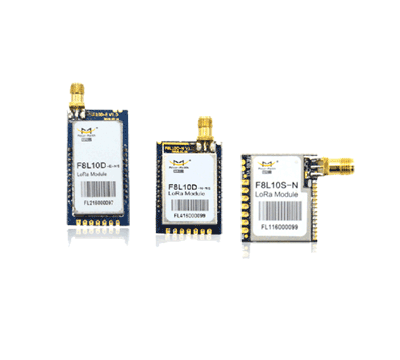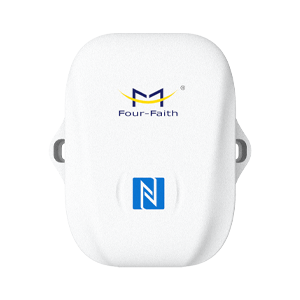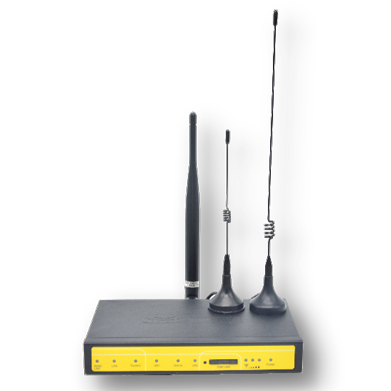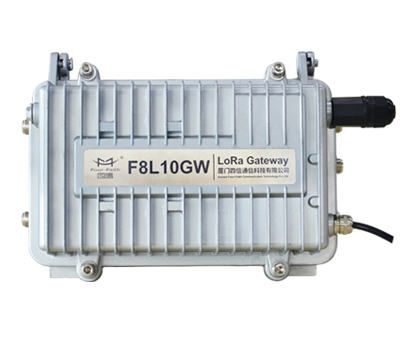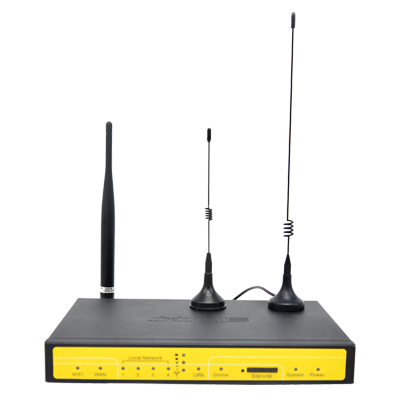RECOMMEND SOLUTIONS
RELATED PRODUCTS
Some Facts About The LoRa Smart Water Meter Application
Date:2017-03-21 15:44:22
Is your water meter still being recorded by a person on-site? In today’s age everything is becoming more intelligent, and that includes water meter application reading. A new technology of smart meter reading is now available, the LoRa water meter application. With a smart water meter we no longer need personnel on-site to physically record the data. The following article will explain to readers what exactly is a LoRa water meter.
LoRa Water Meter Introduction
The LoRa water meter application, as the name suggests, is a water meter embedded with a LoRa wireless module to calculate usage. It regularly reports to the LoRa gateway and is able to receive and perform commands sent out from the server.
The Following Figure Is A Schematic Diagram of The Work Flow of A LoRa Water Meter Application
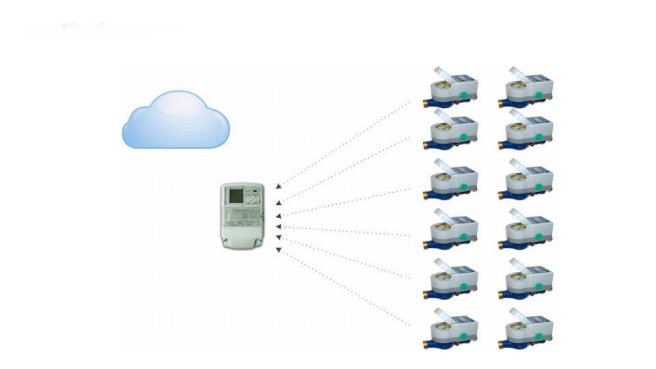
The nodes are aggregated into a concentrator, which is then connected to the server.
LoRa Water Meter Solution
Typically, when a water meter manufacturer wants to use LoRa in their meters, they add a LoRa module to the existing solution. A point to consider and be careful about is power consumption during standby and sleep modes. This knowledge and technology requires the water meter manufacturers to invest a significant amount into Research & Development.
Now, we have the Four-Faith LoRa water meter solution. The module itself handles real-time measurements, valve control, time division multiple access and over-the-air wake up functions. This saves the manufacturers from expanding their CPU to support these functions and also cuts down on their R&D efforts.
We feel that there is no need for any specific meter manufacturer to develop this technology; you can rely on us to do these things for you.
LoRa Water Meter Application Prospect
Currently, using LoRa technology in meter reading is in its early stages. GPRS, FSK and IC smart meters still dominate the market. But they all have their disadvantages. With GPRS the network may disconnect, FSK the distance is short, and IC cards are not in real-time. Therefore the future for LoRa meter reading is very optimistic.
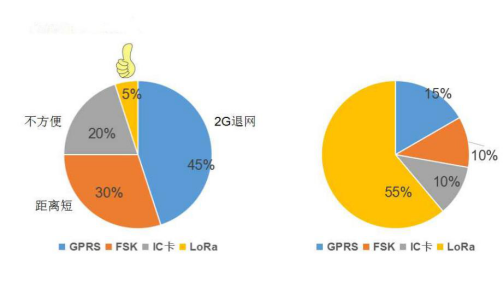
Our Four-Faith LoRa Module Has Many Advantages, Which Are Listed Below:
1. Ultra-Long Distance Communication. Tested Coverage>11.5 KM
The Four-Faith LoRa module uses a LoRa modulation technology, achieved through many years of experience in wireless communication and carefully re-adjusting radio frequencies. The module can achieve a communications distance of >11.5 KM, perfectly solving the problem of remote meter reading. Therefore providing a reliable and strong networking application to the meter reading industry.
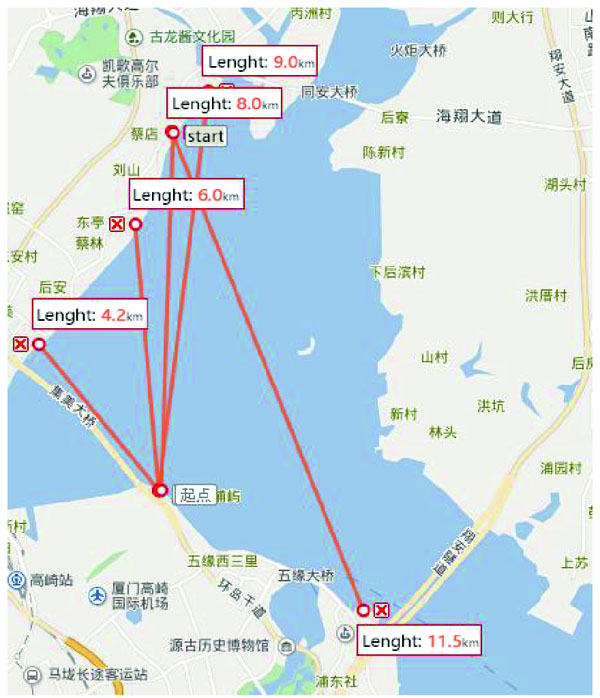
2. Ultra-Low Power Consumption. Sleep Current <1.8uA
Wireless meter reading places a great strain on power consumption levels; our engineers have optimized the LoRa module to only consume 1.8uA during sleep mode.
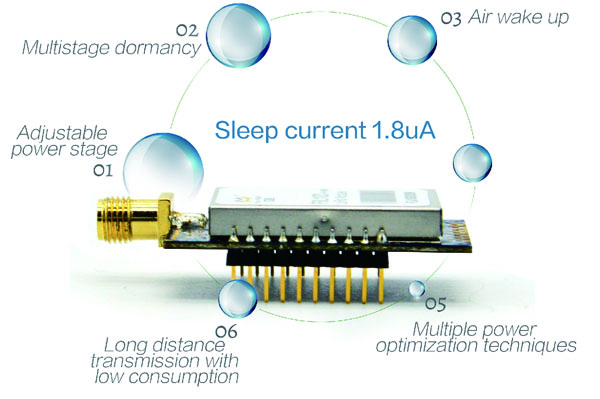
3. Ultra-High Receiver Sensitivity, Reaching A Staggering -140dBm
The LoRa modulation technology gives the signal a unique spectrum widening processing. With a sensitivity level of -140dBm, it is undoubtedly an advantage for the meter reading industry.
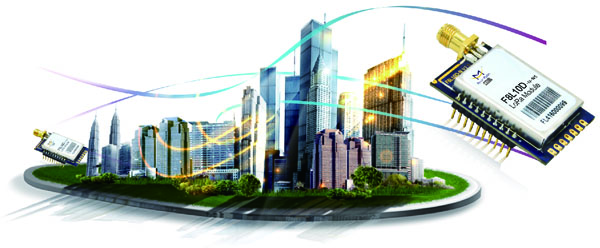
4. Large Network Capacity, Network Flexibility, Low Cost
The LoRa network can access tens of thousands of nodes; the number can be changed according to the amount of household water meter needs. It gives good network scalability, free communication charges and low overall operating costs.
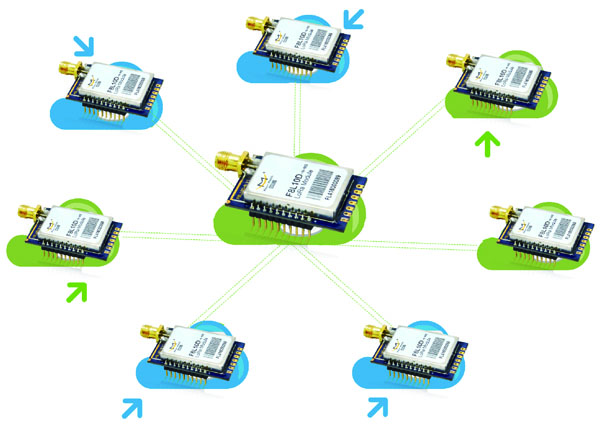
LoRa meter reading application has a bright future. Four-Faith is willing to contribute to the development of the meter industry. We aim to push for greater integration of IoT in the industry.
TAGS: Water Meter Application [Previous Page]
Previous Page:LoRa & Line-to-Line Electricity Transmission Monitoring Applications




